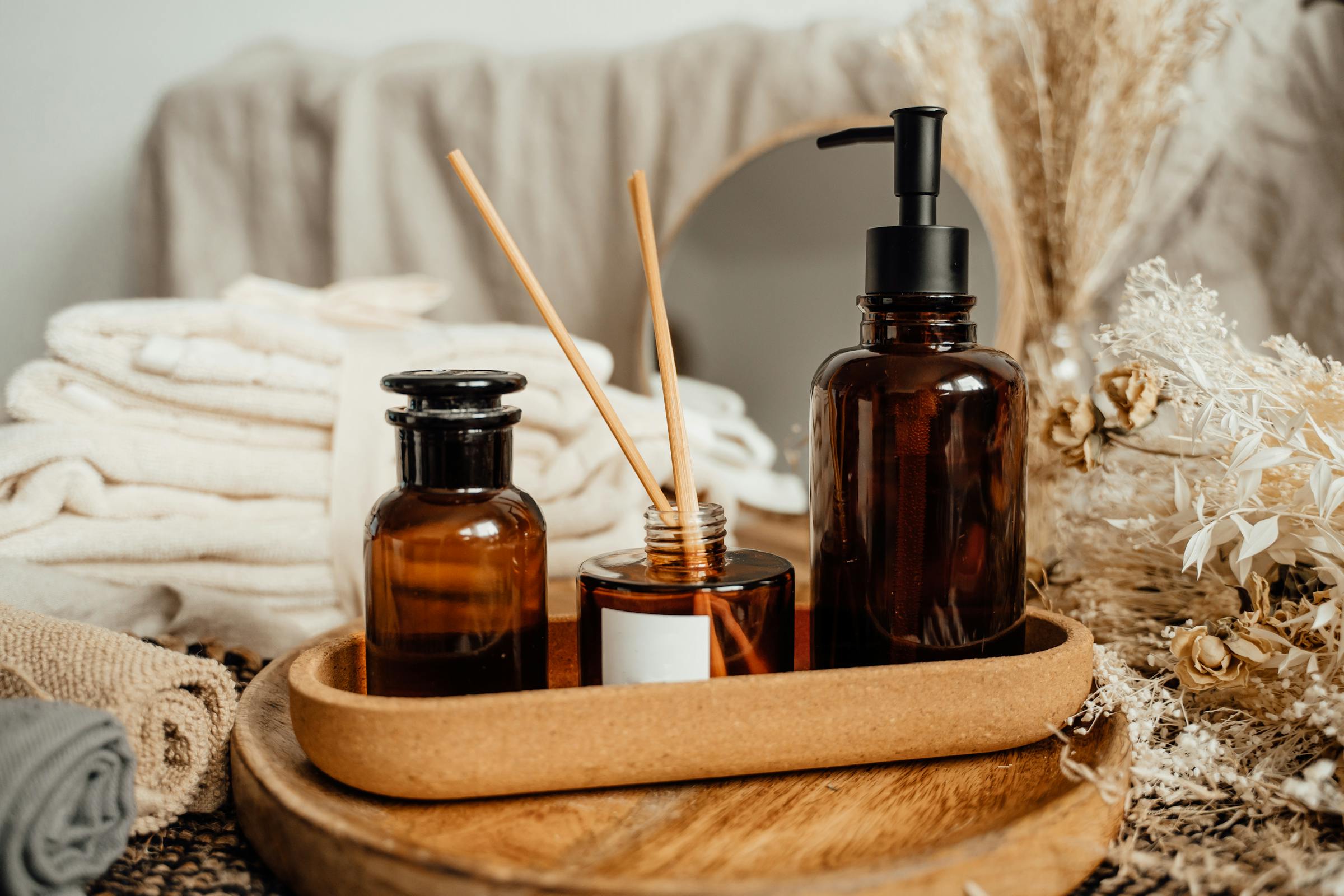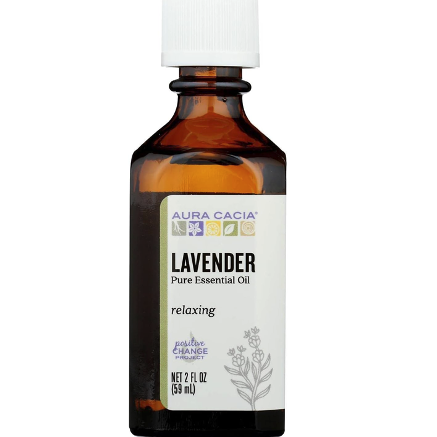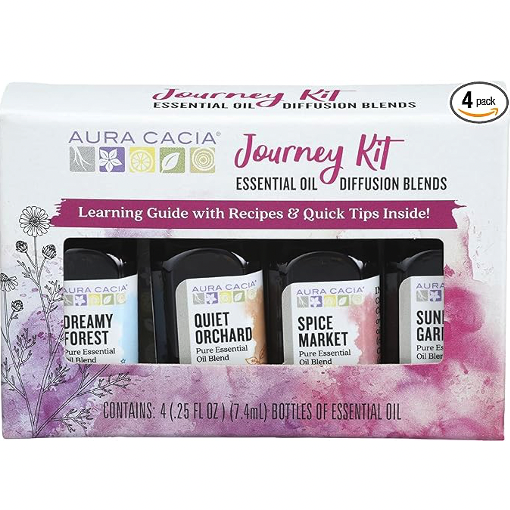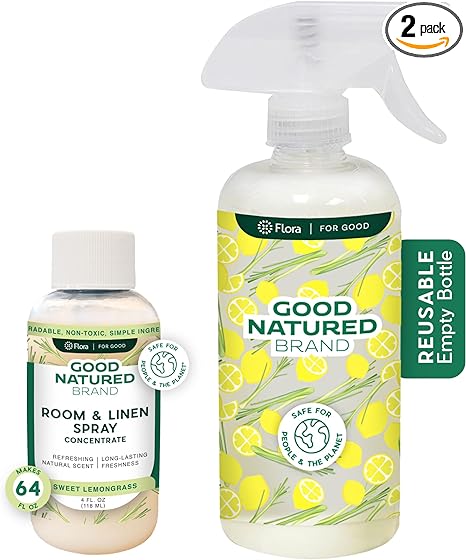Is your “fresh air” actually fresh? The answer is most likely no, and the fragrances that you use in your home may actually be doing more harm than good. Unfortunately, many products found in stores do contain chemicals that can cause a variety of health problems, including but not limited to cancer, asthma, skin allergies and developmental/ reproductive harm, according to the Environmental Working Group (EWC). So, are air fresheners toxic?
Are Air Fresheners Toxic?
According to the University of Massachusetts Amherst, exposure to chemicals found in air fresheners can cause “migraine headaches, asthma attacks, breathing and respiratory difficulties, dermatitis and neurological problems” even in small amounts. The Washington Post states that repeated exposure can cause issues like these to get even worse, triggering immune system responses.
They also note that air fresheners that claim to be all natural can still be detrimental to your health. The air freshener industry is notorious for failing to include lists of toxic ingredients on their products. This is where companies like the EWC step in. The EWC is a nonprofit organization that strives to achieve clean and chemical free water, products and agriculture for consumers. They conduct research on different home and cleaning products and rate them on a five-letter scale, A being the best and F being the worst. According to their testing of 325 air freshener products, only 3.7% of air fresheners scored an A while 75.7% of products scored either a D or F.
The Worst Culprits
Air Wick
All of their products scored either a D or F and contained toxic chemicals like sodium borate (high concern for developmental/reproductive harm; some concern for asthma and skin allergies). Certain products also included mineral oil (moderate concern for asthma and cancer; some concern for skin allergies) and benzothiazolinone (some concern for skin allergies and developmental/reproductive harm).
Glade
80% of their products scored under a C and contained an unspecified stabilizer (high concern for developmental/reproductive harm; some concern for asthma and skin allergies), emulsifiers (high concern for skin allergies, moderate concern for asthma and developmental/ reproductive harm), solubilizing agent (high concern for skin allergies; some concern for developmental/reproductive harm), propellant (high concern for developmental/ reproductive harm) and others.
Lysol
All but one of the seven air fresheners that were tested scored an F and contained mineral spirits (high concern for cancer; moderate concern for asthma, some concern for skin allergies), alkyl dimethyl benzyl ammonium compounds (high concern for skin allergies; moderate concern for developmental/reproductive harm and asthma) and mipa-borate (high concern for developmental/ reproductive harm).
Top Scorers
Aura Cacia
Unlike the brands previously mentioned, this brand scored an A for 83.3% of its products. Its line of aromatherapy mists is made with only essential oils and water. Certain essential oils may cause skin irritation if you are allergic to them, but do not pose significant health risks.
Good Natured Brand
All of this brand’s products scored A’s. They contain essential oils, water and smaller amounts of decyl glucoside. This chemical is plant-based and biodegradable and is often used in products designed for sensitive skin.
DIY Alternatives
Room Sprays
You can make your own room sprays with water, essential oils and a bonding agent like alcohol or witch hazel. You can experiment with different scent combinations such as citrus blends, eucalyptus and herbs, floral scents and more. Remember to research different essential oils and their benefits before using them as certain essential oils may be better used for other purposes.
Diffusers
Diffusers can also be cleaner alternatives since they release diluted essential oils into the air. Always follow the instructions on the diffuser, and make sure the diffuser oils you purchase do not contain any toxic additives.
Properly Cleaning
By using proper cleaning techniques, you will be able to eliminate odors instead of trying to mask them with air fresheners.
Breathing in toxic chemicals isn’t good for anybody, and an air freshener is something that can be very easily removed from your home. Their benefits are far outweighed by their health risks and can be even more detrimental to children, pets and individuals with sensitivities. So, throw those sprays, plug-ins and mists away, choose products and methods that are champions for your well-being instead.
Related articles
Everything You Need To Know About Allergies
Unleashing the Power of the Mind: What is Mental Rehearsal?




